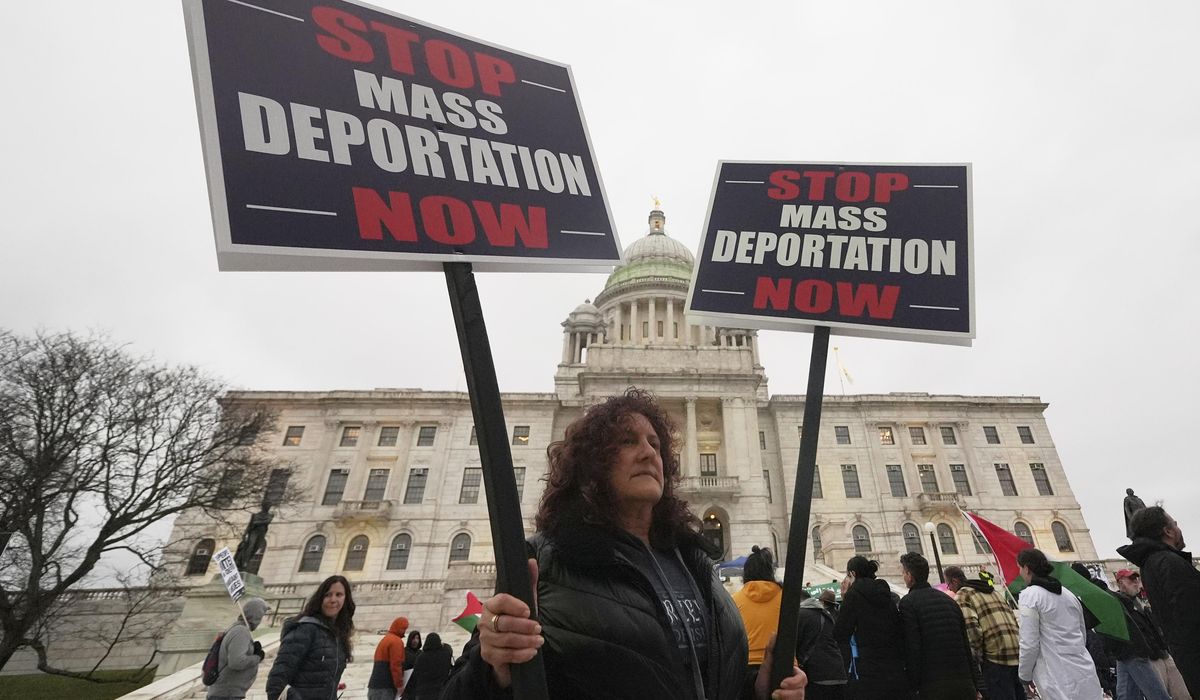


As debates about immigration enforcement continue, a little-remembered aspect of President Jimmy Carter’s approach to the 1979 Iran hostage crisis is resurfacing as a potential precedent for handling foreign students during international tensions. Here’s what you need to know about this historical policy and its potential modern implications:
The Carter precedent
A largely forgotten immigration action has new relevance:
Legal foundation
The action rested on specific presidential authorities:
Current implications
The historical precedent raises contemporary questions:
Educational impact
Academic consequences extended beyond individuals:
Public reaction
Social and political response showed mixed sentiments:
Historical context
The action occurred during distinctive circumstances:
Modern differences
Current circumstances differ in significant ways:
What experts say
Legal scholars offer varied perspectives:
Read more:
• Deporting foreign students amid Middle East unrest? Jimmy Carter did it first
This article is written with the assistance of generative artificial intelligence based solely on Washington Times original reporting and wire services. For more information, please read our AI policy or contact Ann Wog, Managing Editor for Digital, at awog@washingtontimes.com
The Washington Times AI Ethics Newsroom Committee can be reached at aispotlight@washingtontimes.com.
